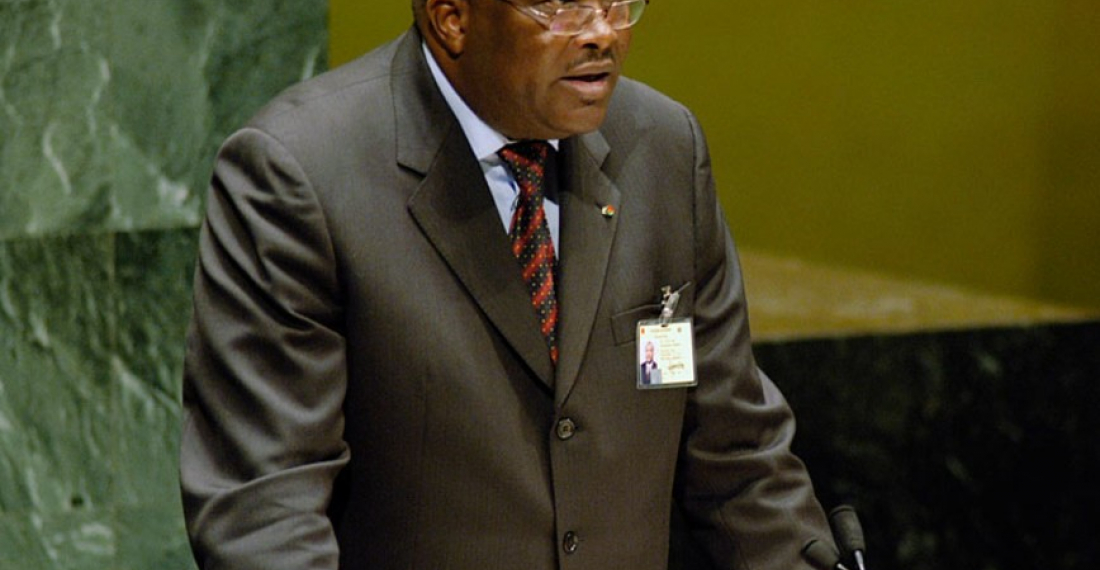Preliminary results from presidential elections in Burkina Faso show Roch Kabore receiving 1.6 million votes of the nearly 3 million cast, with voter turnout at 50 percent.
By winning 58% of the votes in the first round Kabore secures an overall majority and avoids a runoff vote in which he would have had to stand against a single candidate backed by a united opposition.
The other candidates, Eddie Komboigo, head of the Congress for Democracy and Progress, received 15%, and the other main challenger, Zephirin Diabre, from the Progress and Change Party, who lost to Kabore in 2015, gained around 12%.
Kabore has come under fire for what critics say has been a lackluster response to a five-year-old militant insurgency that has rolled in from Mali.
Despite his record, he was the favorite in what commentators said was one of the country's most open elections in years.
Kabore vowed on Thursday to strengthen dialogue in his troubled country after the landslide victory in his bid for a second term.
“I will deploy all my efforts so that through continuous consultation, through dialogue … we can work together for peace and development,” he said at his party’s headquarters in the capital Ouagadougou.
Some analysts had expected a closer contest in the election held on Sunday between Kabore, who was elected in 2015, and his 12 rivals, who argued he had failed to contain armed groups and ethnic violence.
The voting process was marred by threats of attacks by armed groups linked to al-Qaeda and ISIL (ISIS) which operate across vast swathes of Burkina Faso amid an escalating security situation in West Africa’s Sahel.
Last year, the conflict killed some 2,000 people in Burkina Faso. More than one million Burkinabe people have been displaced by the fighting.
source: commonspace.eu with agencies
photo: Roch Kabore addressing the UN General Assembly (archive picture)







